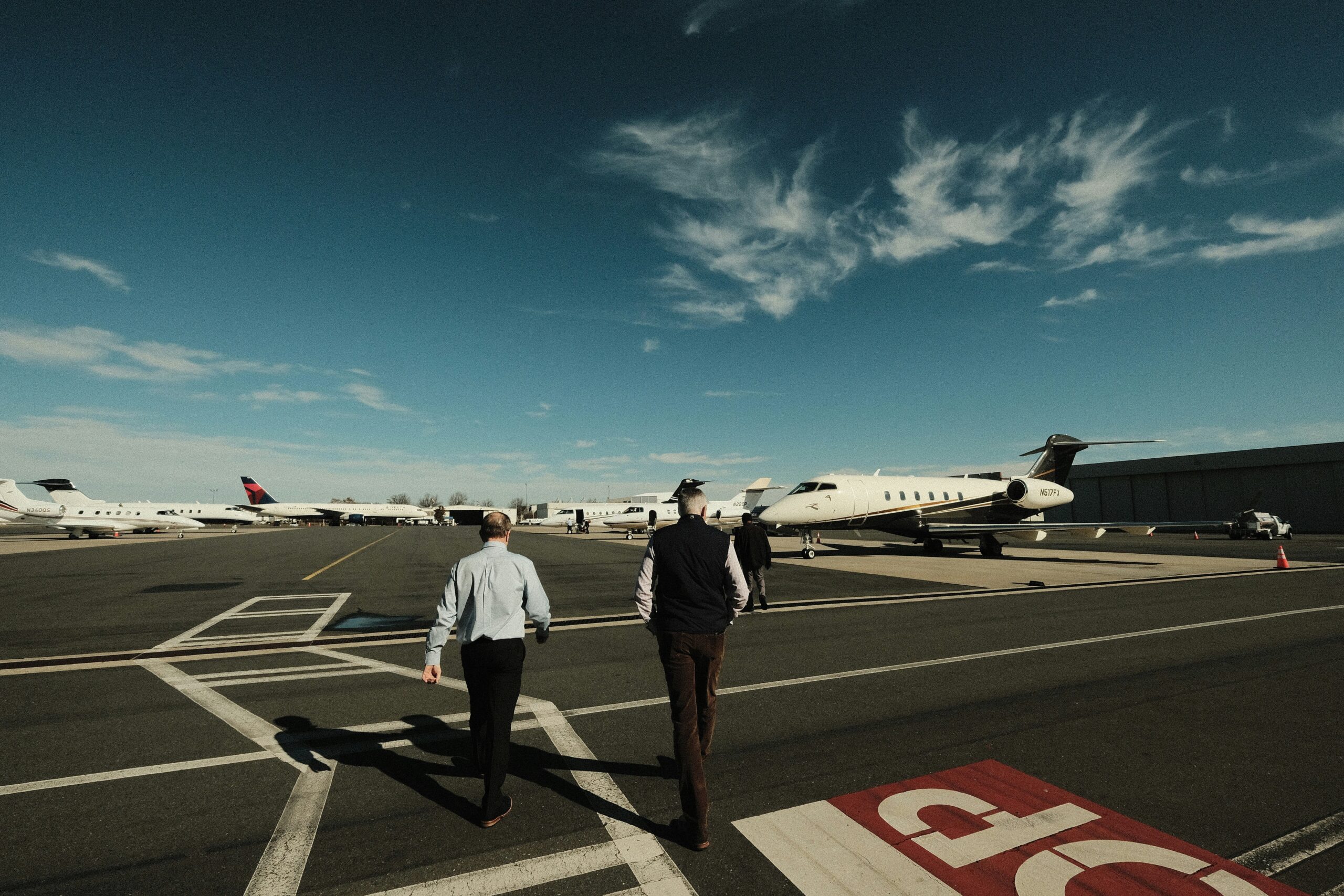Ever found yourself stuck at an airport after your luggage decided to take a vacation of its own? Worse yet, did you realize halfway through filing a claim that your credit card’s baggage insurance wasn’t aligned with your airline alliance’s policies? Yeah, been there. It’s as frustrating as trying to untangle headphones in zero gravity.
In this post, we’re diving deep into how airline alliances affect policy alignment, why it matters for your peace of mind, and what you need to know about baggage insurance when flying across borders. You’ll learn:
- The unexpected ways airline alliances shape baggage rules.
- Steps to ensure your credit card’s coverage aligns with airline policies.
- Tips to pick the best baggage insurance without losing your sanity.
Table of Contents
- Introduction
- Key Takeaways
- Section 1: Why Airline Alliances Matter for Baggage Policies
- Section 2: Navigating Credit Card Coverage and Policy Alignment
- Section 3: Best Practices for Choosing Baggage Insurance
- Section 4: Real-Life Case Studies on Baggage Mishaps
- FAQs
- Conclusion
Key Takeaways
- Airline alliances create standardized baggage policies—but not all airlines follow them perfectly.
- Credit cards often offer baggage insurance, but they may clash with specific airline terms.
- Choosing additional baggage insurance can save thousands, especially if you travel frequently.
- Always read the fine print: Not all “coverage” is created equal.
Why Airline Alliances Matter for Baggage Policies
Let me paint you a picture. I once booked a flight from New York to Tokyo using miles accumulated via Star Alliance. My layover was in Frankfurt, Germany. Everything seemed perfect until my bag decided it hated layovers and stayed behind in Frankfurt while I continued solo to Tokyo. The kicker? When I called customer service, I discovered my baggage delay fell under Lufthansa’s baggage policy—not United Airlines’, which I originally booked with. Whirrrr… sounds like my laptop overheating as I frantically tried to figure out who owed me compensation.
This is why understanding airline alliances is crucial. Airlines within these partnerships (Star Alliance, Oneworld, SkyTeam) often have harmonized baggage policies—but only up to a point. Each carrier retains some autonomy over their internal processes, leading to potential misalignments between what your ticket says and what actually happens.

Here’s where things get spicy: If your credit card offers baggage insurance, those benefits usually hinge on whether your airline adhered to industry standards—or if you were unknowingly subject to one of their quirks.
Navigating Credit Card Coverage and Policy Alignment
Optimist You: “My credit card covers everything!”
Grumpy Me: “Yeah, cool story. But does it cover *your* airline’s weird clause about checked bags?”
Credit card baggage insurance can be a lifesaver—or a headache if you don’t check alignment. Here are four actionable steps to verify:
- Read the Fine Print: Pull out your credit card agreement and locate the section on travel protections. Pay attention to exclusions like pre-existing conditions or restrictions tied to certain airlines.
- Cross-Check Airline Rules: Visit the official site of both your booking airline and connecting carriers within the same alliance. Look specifically for baggage liability limits and claim procedures.
- Reach Out Proactively: Call your credit card provider before traveling. Ask directly: “Will my baggage insurance work if [airline] loses my suitcase?”
- Document Everything: Keep receipts, boarding passes, and communication records related to your trip. These will become gold if you need to file a claim later.

Pro Tip: Some premium cards (like Chase Sapphire Reserve) offer primary baggage insurance instead of secondary—meaning you won’t have to go through the airline first. That’s chef’s kiss for efficiency.
Best Practices for Choosing Baggage Insurance
What Makes Good Baggage Insurance?
Picking extra baggage insurance doesn’t mean signing up for spammy third-party sites. Instead, focus on:
- Reputation: Stick with established insurers rather than sketchy pop-ups promising $1 million coverage.
- Comprehensive Coverage: Ensure the policy includes delays, loss, damage, AND theft—not just one category.
- Claim Process Transparency: Test the waters beforehand by reviewing customer reviews and FAQs about payout timelines.
Rant Alert: Why Cheap Isn’t Always Better
There’s nothing more infuriating than buying bargain-bin insurance that requires proof of every single item inside your lost suitcase. Seriously, do they expect me to carry around a detailed inventory sheet everywhere I go? #VloggingGoals ruined right there.
Spend a little more upfront for quality coverage—it’s worth it.
Real-Life Case Studies on Baggage Mishaps
Case Study 1: Sarah M., a frequent flyer with Delta Airlines via SkyTeam alliance, lost her designer handbag during a connection in Paris. She filed a claim immediately but realized her credit card’s insurance excluded “high-value items.” Lesson learned? Always add standalone baggage insurance for high-cost belongings.
Case Study 2: John T., traveling economy with American Airlines (Oneworld), had his checked luggage delayed for five days. His credit card covered incidental expenses up to $500 per day—and he maximized this benefit by keeping receipts for essentials like toiletries and clothing rentals. Grumpy? Yep. Prepared? Absolutely.
FAQs
Does Airbnb count as a valid claim source for baggage delays?
Nope. Most providers require documentation from the airline itself.
Can I rely solely on my credit card’s baggage insurance?
Maybe, but double-check exclusions. Always safer to supplement with additional coverage.
Are there any terrible tips floating around online?
Yes—some recommend skipping insurance entirely because “airlines always refund.” Spoiler alert: That’s false advertising.
Conclusion
To sum it all up, navigating airline alliances and policy alignment might feel overwhelming at first, but armed with knowledge and a solid strategy, you’ll breeze through even the stickiest baggage situations. Remember to:
- Understand how alliances standardize (and occasionally deviate from) baggage policies.
- Verify your credit card’s baggage insurance compatibility.
- Invest in reputable standalone coverage whenever possible.
And finally, here’s your nostalgic haiku:
Lost bags bring chaos, Credit cards swoop in to save— Travel smart next time.


